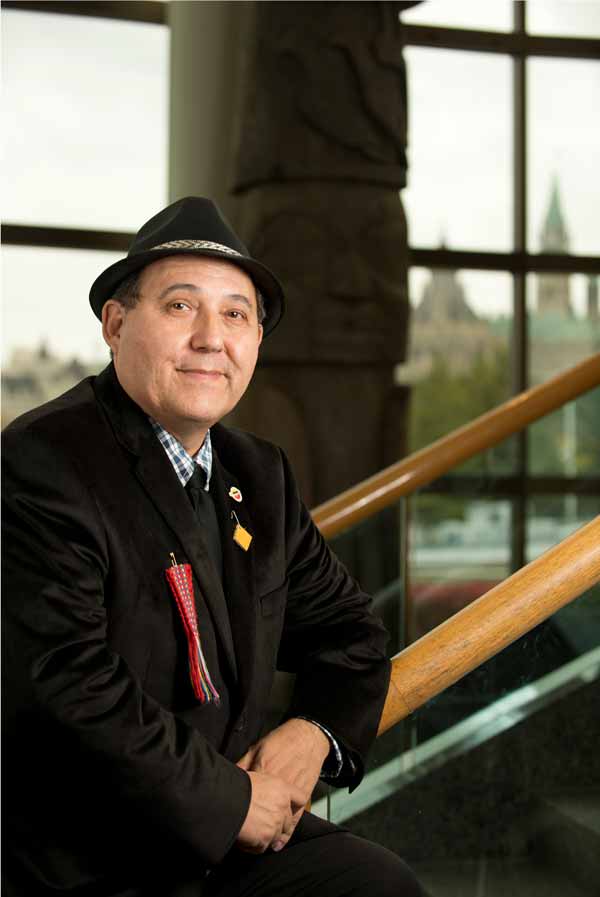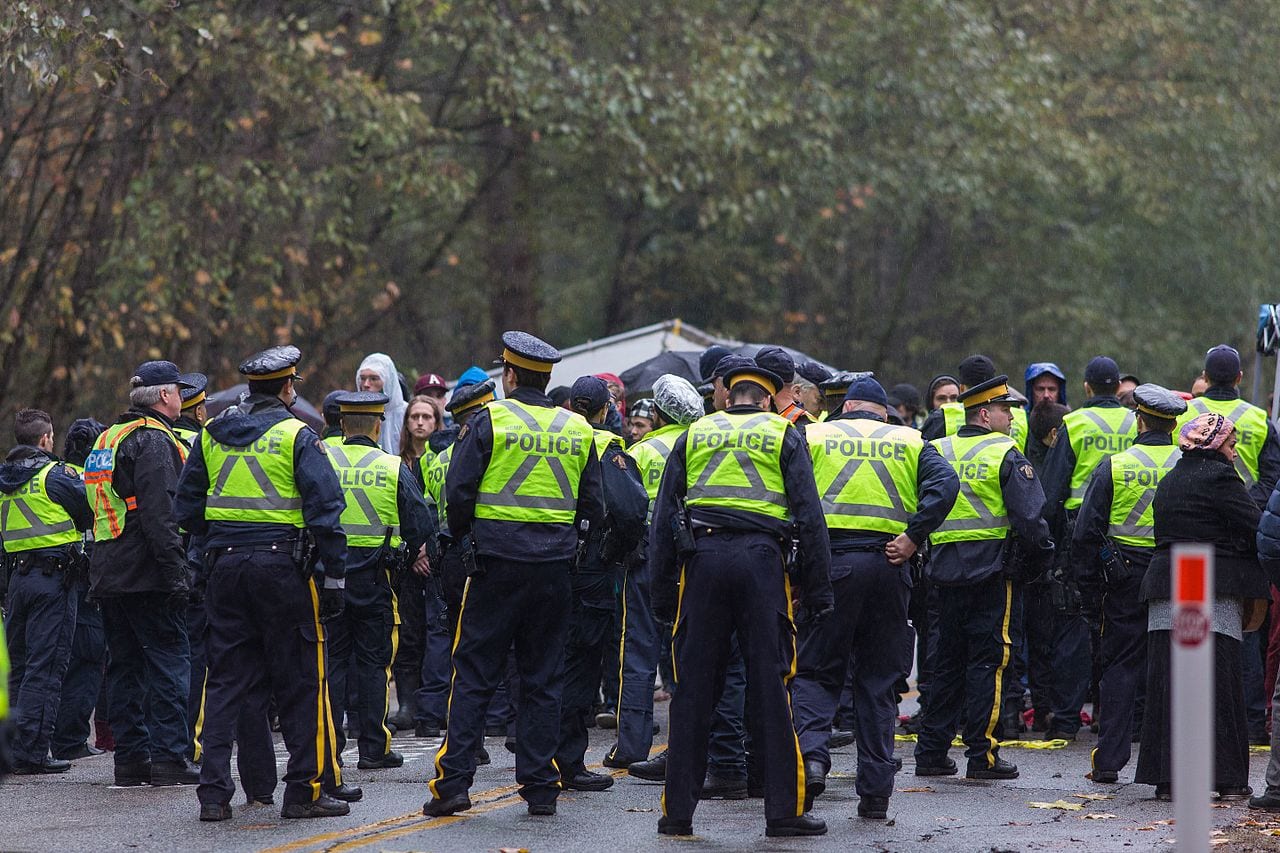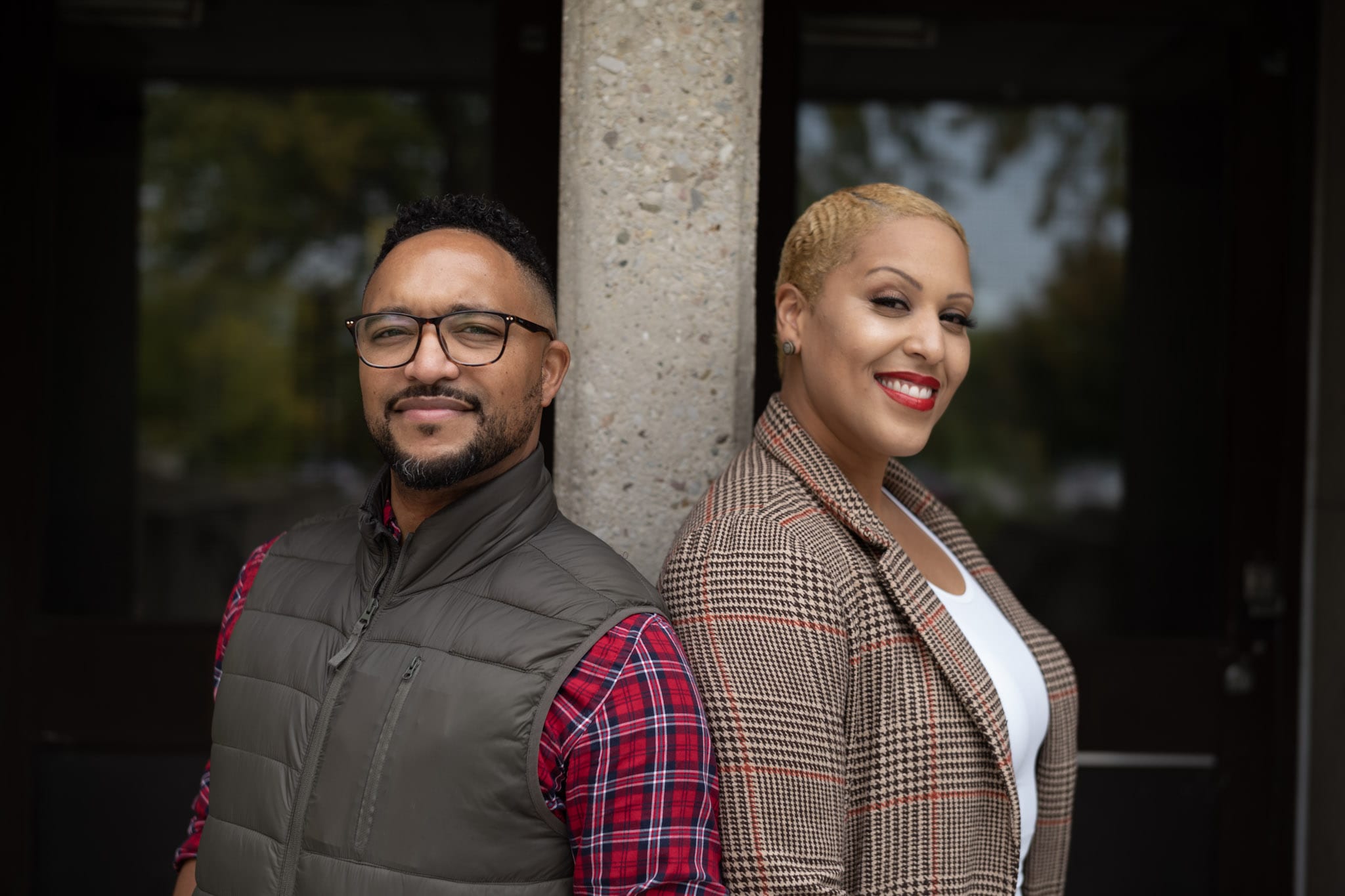While advocacy groups applaud the Canadian government’s efforts to reduce the rate of drug-related offences with Bill C-22, they say the proposed legislation doesn’t go far enough to protect Black, Indigenous and people of colour from disproportionate harm, and that more consultation is required.
Last week, the House of Commons tabled Bill C-22, which seeks to eliminate mandatory minimums for all drug possession offences and recognize addiction as a health and social issue, instead of a criminal one.
The bill repeals mandatory minimum penalties for 14 of the 67 drug-related offences that currently apply, allowing for greater use of conditional sentences and requiring law enforcement to consider alternatives for simple possession.
The legislation diverges further from the country’s tough-on-crime approach to enforcing drug laws, but simple possession of controlled substances will remain illegal.
In a statement Monday, advocacy group Cannabis Amnesty wrote that the bill doesn’t propose asking police to refrain from arresting people for simple possession — it only requires law enforcement to consider it.
“It provides no remedy if that discretion is exercised in a way that exacerbates systemic racism,” the statement reads. “In short, there is nothing in this proposed legislation that requires criminal justice system actors to treat Indigenous, Black and marginalized people any differently than they are currently being treated.”
“As a result, there is no guarantee that this legislation will lead to change,” it continues.
A related announcement by the Department of Justice included statistics that show discrepancies in incarceration rates of Indigenous and Black Canadians. In 2020, 30 per cent of federal inmates were Indigenous despite representing only 5 per cent of Canadian adults. In 2018-2019, Black inmates represented 7.2 per cent of the federal offender population, but only 3 per cent of the population
Research presented by Cannabis Amnesty shows that at all levels of the criminal justice system there is a disproportionate criminalization of Black and Indigenous people, who are more likely to get arrested and less likely to receive bail, as well as being treated worse while in custody. Relying on the discretion of state actors is not enough, the organization says.
Read more: 80% of Canadians unaware of pot pardon program: survey
Read more: Illinois’ 500K cannabis expungements puts Canada to shame, lawyer says
‘They shouldn’t be in there, period’
The Congress of Aboriginal Peoples — which has worked with organizations like the Canadian Association of Chiefs of Police advocating for reforming of drug possession — recognizes the need for reducing systemic racism in the legal system particularly when it comes to mandatory minimums and drug possession offences.
CAP National Vice-Chief Kim Beaudin tells Mugglehead that simple possession of drugs shouldn’t even be in the criminal code.

Kim Beaudin has served in both political and administrative capacities with numerous Indigenous peoples’ organizations in Saskatchewan. He’s the recipient of the Queen’s Jubilee Medal in recognition of his work. Submitted photo
“One of the things I’m gonna ask the government to do is to dig down deep into their vault of convictions and look at the people that are presently incarcerated right now, whether provincially or federally, and get them out of there,” Beaudin says. “They shouldn’t be in there, period.”
In CAP’s statement on Bill C-22, Beaudin wrote that the evidence is clear when it comes to Indigenous people being disproportionately impacted by current laws, especially when it comes to mandatory minimums and drug possession offences.
The organization also says that in past cases, regarding cannabis legalization in particular, a lack of appropriate consultation resulted in Indigenous peoples continuing to face systemic inequities and suffer disproportionately from a lack of legal protections and a public-health focus around substance abuse
CAP says it’s critical for the federal government to include organizations like it in conversations around the updating and implementation of similar amendments.
When asked if CAP was consulted in conversations with the federal government regarding Bill C-22, Beaudin says despite having signed a political accord on Dec. 18, they were not included in the consultation.
Beaudin says they’ve had discussions with the Department of Justice for four or five months, but they were still not consulted on the bill.
“Bill C-22 could be groundbreaking, and I’ve said it before: It could be a watershed moment for the justice system itself,” Beaudin says. “It just depends how far the government is going to take it.”
On Feb. 10, The Canadian Association of Black Lawyers and Ryerson University’s faculty of law released a report underscoring the significant racial differences with respect to how the public perceives the Ontario criminal justice system — namely, that Black and Asian respondents have significantly worse interactions with the criminal justice system than white respondents. For example, the survey suggests that Black and Asian citizens perceive much higher levels of police bias than white citizens, and that anti-Black racism in policing is particularly widespread.
Both Cannabis Amnesty and the Congress of Aboriginal Peoples say they look forward to future consultations being held to ensure Bill C-22 will remedy the overrepresentation of Indigenous, Black and marginalized people in Canada’s criminal justice system.
Top image: Police confront protestors against the Kinder Morgan pipeline expansion in Burnaby, B.C., on Nov. 20, 2014. Photo by Mark Klotz via Wikimedia Commons
Follow Natalia Buendia Calvillo on Twitter
natalia@mugglehead.com













